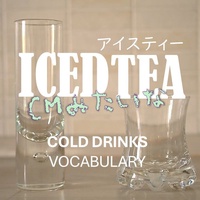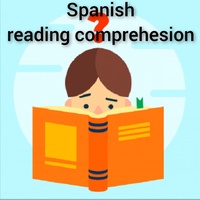Привет, опять понедельник! 📅
My Conversational dacha group classes in May went well at all levels: A – beginner level, B - intermediate, C - advanced, and it will be open until autumn. Speaking of levels …
The benefits of understanding your level
When I worked at a language school in London (my opinion about the UK was - I don't like the weather, wait, no, I still don't like the weather), anyway, when I worked there, I noticed how many courses there are for students of all levels in one classroom. For grammar courses, such as motion verbs or pronunciation there can be a wide range of students' levels, but a conversational group for A2 up to B2, I saw there for the first time, then everywhere online and offline.
Please check your level, this will help you move forward, ask your teacher to help determine your level, and avoid dubious conversational clubs at all levels at once. There is no benefit from training a professional athlete and a beginner in the same team - the same thing here.
_______________
If you want to learn Russian effectively at your level, you can check my schedule, as always, I’m glad to help everyone who really wants to learn. 🤟






